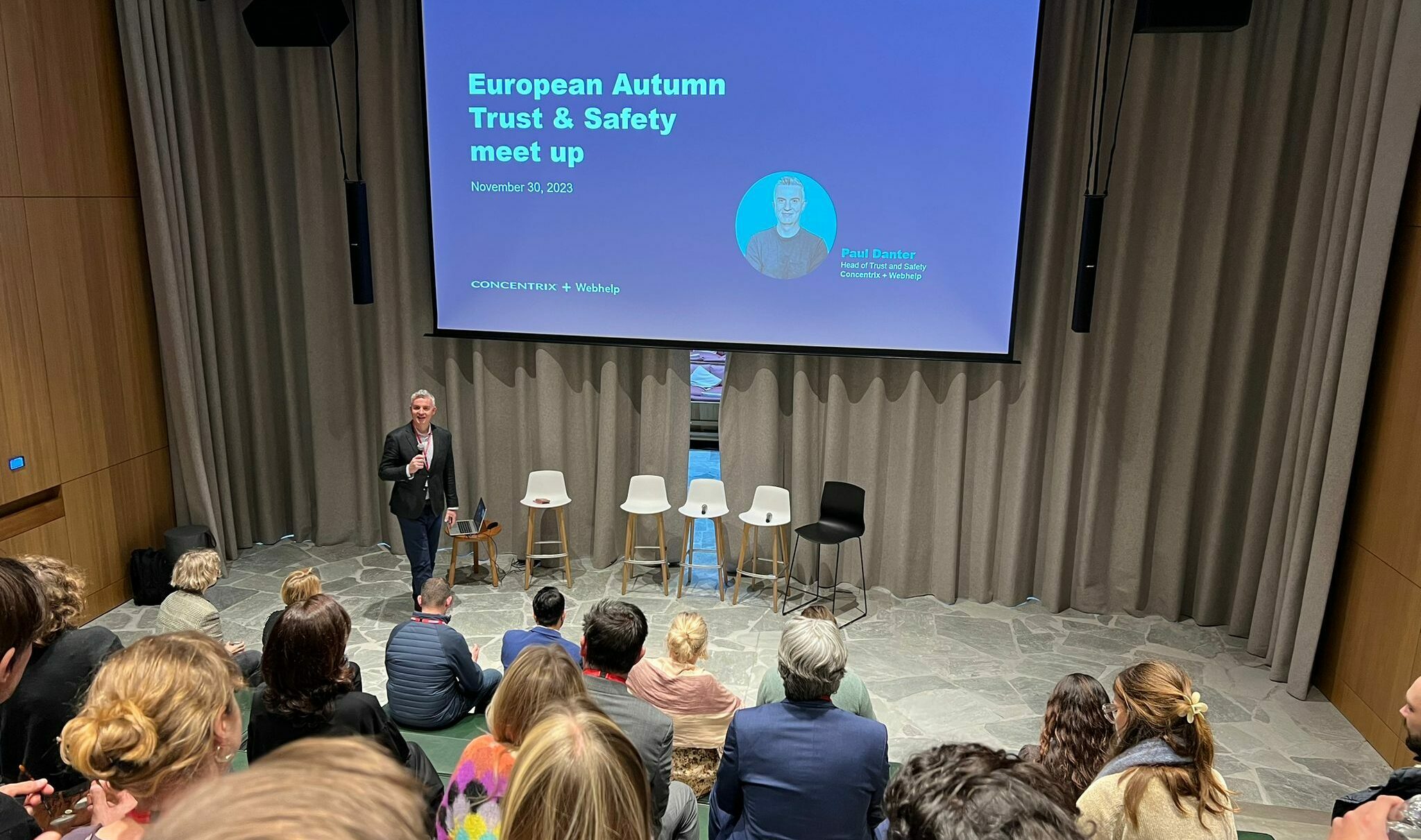44% do not think Artificial Intelligence will impact them positively in any way and 52% say it will make dealing with brands more impersonal
4 April 2019
Large majorities of British consumers prefer dealing with humans over automated services for everything from querying a bill (85%) and changing account details (62%) to making a complaint (84%), buying a product or service for the first time (77%), chasing an order (73%) or dealing with a fault (78%).
These are the findings of an online YouGov survey of more than 2,000 British adults commissioned by Webhelp – one of the country’s leading customer experience providers. A brief report/paper from Webhelp about the future of automation can be found here.
Nearly half of respondents (45%) said they had never used any type of AI, but amongst those who had there was widespread dissatisfaction around its efficacy and perceived value. Nearly half (44%) also believe that AI will not positively impact their lives in any way over the next five years.
Just over a quarter of respondents said they had used a customer service chatbot (27%), interactive voice response or IVR (27%) or smart home speaker such as Amazon Alexa or Google Home (26%). Whilst over a third of those who had used these types of AI were dissatisfied with the chatbots (35%) and IVR (38%), smart home speakers proved more popular – possibly because these are chosen rather than encountered by chance. Fewer than half (45%) of those who had experienced a customer service chatbot were satisfied with it and 38% were either fairly or very dissatisfied with IVR. In contrast, 77% claimed to be satisfied with smart home speakers.
Webhelp CEO David Turner said: “We know from anecdotal evidence that human-to human contact is important, but this study goes even further, highlighting the degree to which people favour it over AI-powered customer service tools and are negative about AI’s potential future impact.
“As exposure to AI increases in day-to-day life, people are likely to become more receptive, but this research confirms the importance of striking the right balance between the advanced technology services we offer and the incredible human talent of our local teams of agents, advisors and planners. Our approach will always be customer experience driven, so this window into consumer perception is extremely valuable for helping our clients implement AI solutions which offer clear end-user value.”
Looking ahead five years, over a quarter of respondents (26%) felt that increased use of AI-driven customer experience tools would make interacting with companies “much worse” compared to only 19% who felt the impact would be positive. Other negative perceptions include fear that AI will make dealing with brands/companies more impersonal (52%), increased threats to privacy and security (46%) and detrimental impact to human-to-human interactions (43%).
Dave Pattman, Innovation Director at Webhelp, added: “Good customer experience cannot be delivered by technology alone. It’s important to think about the overall process and journey, and how to create value for both companies and customers. Any attempt to leverage automated services should start with this thinking and ensure that automated and human-led services are working effectively, in tandem with one another.
“From a customer experience point of view, AI creates an opportunity for brands to deliver greater convenience, speed of response and accessibility. But it’s important to note that this doesn’t replace people. It decreases the volume but increases the value of human interaction.”
Demographic differences
According to the study, age was a key differentiator in terms of receptivity to AI customer experience, with over 90% of those aged 55 or over reporting a preference for human contact if making a complaint or querying a bill, for example. Similarly, of those who had used them, 18-24 year olds (56%) were more likely to be satisfied with chatbots than those 55 or above (42%) and over four in ten (47%) 18-24 year olds were satisfied with IVR offerings versus only 35% of those 55 or above. Whilst 60% of those aged 55 and above believe AI will not impact their lives positively in any way in the future, this figure falls to 26% in the 18-24 age bracket.
Conversely, more than half (54%) of those 25-34 think that AI will increase threats to privacy and security over the next 5 years compared to 45% of those 55 or above. And about a third (33%) of those 18-24 worry about AI’s impact on their job prospects in the next 5 years compared to only 15% of those 55 or above.
Survey Methodology
This survey has been conducted using an online interview administered to members of the YouGov Plc UK panel of 800,000+ individuals who have agreed to take part in surveys. Emails are sent to panellists selected at random from the base sample.
All figures, unless otherwise stated, are from YouGov Plc. Total sample size was 2044 adults. Fieldwork was undertaken between 5th-6th February 2019. The survey was carried out online. The figures have been weighted and are representative of all GB adults (aged 18+).
In case you haven’t registered yet, Sign up to receive fresh insights and invitations to exec events with our Webhelp Disruptor Series campaign: https://www.go.webhelp.com/disruptorseries
-ENDS-
Press information:
Julie Carballo, Quiller 07860 753 101
Scott Jacobson, Quiller 07776 383 312

![[Fashion] Choosing the right partners to grow your business in 2024, at a time when trust is fragile](https://media.webhelp.com/wp-content/uploads/2023/12/21090253/Office-Showcase-2.png)


